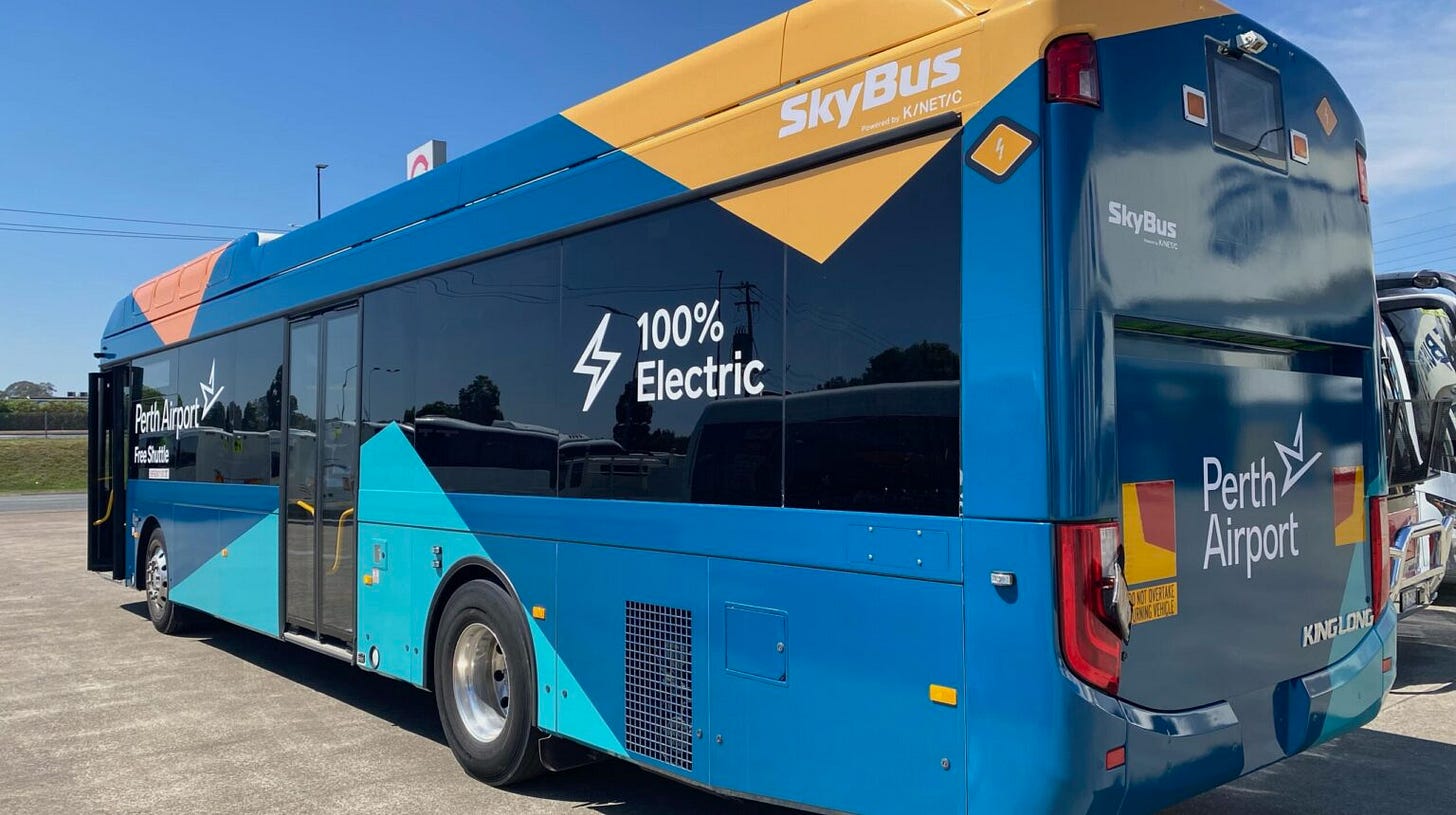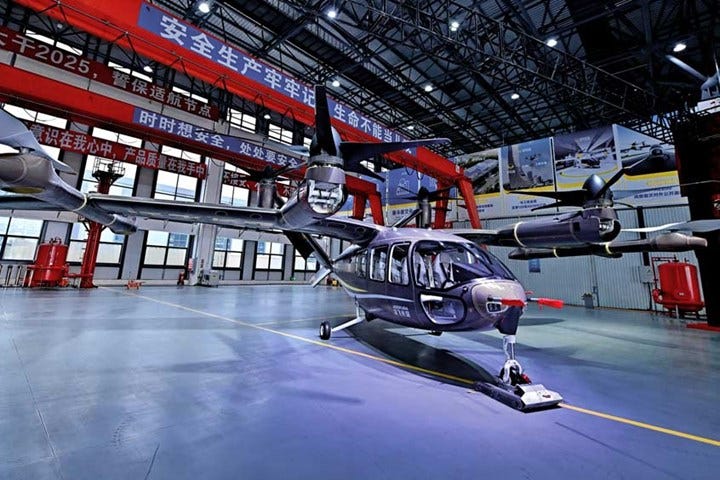#Sustainability20: SkyNRG says e-SAF and carbon removals should not be competing strategies for decarbonisation & more
Weekly Roundup - 10/10/25
Each Friday, we publish a round-up of the 20 most important stories on sustainable aviation. You can see previous editions of #Sustainability20 here.
Industry Updates
SkyNRG has argued that carbon removal and e-SAF are complementary, not competing, solutions, urging investment in both to decarbonise aviation without delay.
The ICAO Assembly has accelerated sustainability efforts, securing a global commitment to a 5% CO2 reduction by 2030 through cleaner fuels and strengthening the CORSIA offsetting scheme.
Air New Zealand has committed to purchasing 8,000 tonnes of verified carbon removals by 2030 from MyNativeForest, helping to spark a voluntary carbon market in New Zealand.
CLIMATE WATCH: More than half of world’s bird species in decline, as leaders meet on extinction crisis - The Guardian
A new global assessment has revealed that more than half of all bird species are in decline, with deforestation being a primary driver of the accelerating biodiversity crisis.
Infrastructure and operational efficiencies
Perth Airport has awarded a 10-year ground transport contract to SkyBus (part of Kinetic Group), which will launch with two electric buses and transition to a fully electric fleet.
Lyon Airport has reached net zero emissions, becoming the first French airport with over ten million passengers to achieve this milestone through a 94% cut in direct CO₂ emissions.
KLM is testing multiple innovations to reduce its environmental impact, including AI for water calculations and passenger incentives for SAF contributions.
Sustainable Aviation Fuel (SAF)
Singapore and Australia have upgraded their partnership, agreeing to collaborate on developing SAF and other biofuels as part of a new net-zero initiative.
Denmark will launch its first domestic route using 40% SAF in spring 2026, connecting Aalborg and Copenhagen through an industry partnership.
Luxembourg Airport has broken ground on a new fuel farm that will increase its storage capacity by 275% and be designed to incorporate SAF.
India will soon begin a test programme supplying SAF at Delhi airport, using existing pipelines to blend cleaner fuel made from agricultural waste.
Uzbekistan has announced plans to build Central Asia’s first sustainable aviation fuel plant, a $5.9 billion facility set to produce 382,000 tonnes of SAF annually.
JGC Corporation and the African Development Bank have signed a letter of intent to cooperate on developing SAF projects across Africa.
New technology: Electric and Hydrogen
Beta Technologies, an electric aircraft manufacturer, has filed for an initial public offering, capitalising on strong investor appetite for green aviation growth stories.
Norway’s Avinor and its civil aviation authority have issued a request for proposals to test zero and low-emission aircraft at its International Test Arena from 2026.
Aerofugia has begun production of its AE200 eVTOL aircraft, a six-seat vehicle with over 1,000 commercial orders, marking a key step towards airworthiness certification.
Airbus, Toshiba tap new superconducting motor for hydrogen-powered flights - Interesting Engineering
Toshiba and Airbus have initiated joint research into applying Toshiba’s lightweight, high-output superconducting motor technology for future hydrogen-powered aircraft.
ZeroAvia has highlighted how new FAA regulations are creating fresh impetus for adopting hydrogen fuel cells in general aviation and eVTOL aircraft.
Georgia Tech researchers are partnering with NASA to convert airplanes into electric “air taxis,” aiming to create quiet, battery-powered aircraft for urban mobility.
The Pulitzer Electric Aircraft Race will be held in Ohio, featuring pioneering electric aircraft to build public awareness and confidence in sustainable aviation.
Voliris and Michelin have partnered to develop NATAC, an autonomous, hydrogen-compatible air shuttle designed for zero-emission heavy freight transport.






